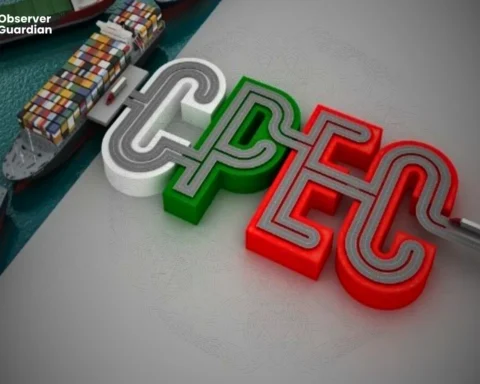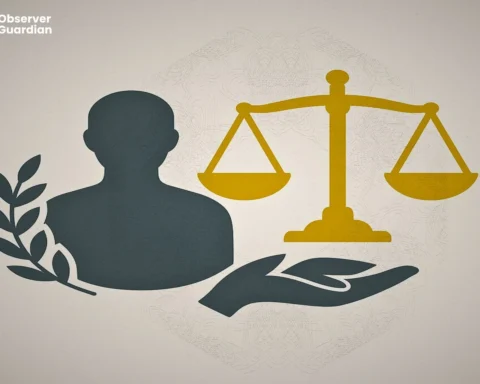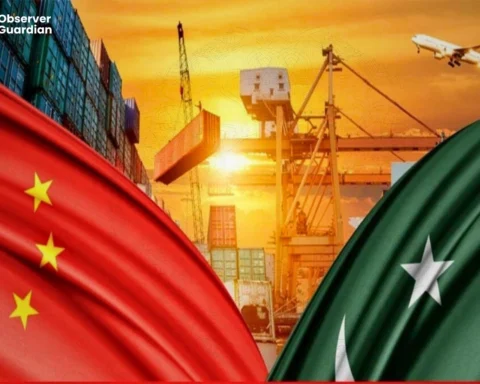The revival of regionalism signifies a significant transition in the post-Cold War international order within the complex landscape of global politics. As the inflexible bipolar structure that characterized the latter half of the 20th century transitioned to a more multipolar arrangement, regions, both as geographical entities and functional coalitions, have taken on a more prominent role in influencing the dynamics of global governance. Regionalism, previously a marginal issue overshadowed by superpower competition, has evolved into a potent force capable of altering power dynamics, settling disputes, and cultivating collective identities. The phenomena encompass both the institutional expansion of regional organizations and the underlying strategic and normative adjustments that support inter-state cooperation within certain geographical areas.
Regionalism fundamentally embodies a desire for autonomy and self-determination. This stems from a mutual acknowledgment among neighbouring states of shared historical experiences, cultural similarities, economic interdependence, and, increasingly, overlapping security threats. Unlike the universalist objectives of multilateral entities like the United Nations or the World Trade Organization, regional arrangements provide a more adaptable and contextually relevant framework for cooperation. The European Union (EU) is regarded as the most advanced form of regional integration, demonstrating how regionalism may go beyond basic economic collaboration and develop into a quasi-federal entity with shared sovereignty, a cohesive legislative framework, and a coordinated foreign policy stance.
Regionalism is not uniform; its expressions differ significantly among regions, influenced by distinct historical developments, political cultures, and degrees of institutional sophistication.
The rise of regionalism has been driven by both systemic and internal factors. The decline of the unipolar moment post-Cold War, along with the perceived inadequacy of global institutions in tackling urgent transnational issues such as climate change, pandemics, and economic inequality, has prompted a quest for alternative governance structures. As nations contend with the constraints of global multilateralism, regional organizations have become pivotal in formulating collective solutions that are better aligned with local dynamics. Concurrently, on the national level, the forces of globalization have compelled numerous states to pursue insulation via regional blocs that provide economic fortitude and geopolitical advantage. Consequently, regionalism serves as a safeguard against the fluctuations of global markets and as a foundation for strategic advancement.
Regionalism has significantly transformed trade and investment patterns in the economic sphere. The increase in regional trade agreements (RTAs), especially since the 1990s, demonstrates the rising importance of regional frameworks in the global economic structure. The agreements, from the North American Free Trade Agreement (NAFTA) to the recent Regional Comprehensive Economic Partnership (RCEP) in the Asia-Pacific, have redirected economic flows and established frameworks for dispute resolution, regulatory harmonization, and infrastructural connectivity. Some critics denounce regionalism as a possible danger to the multilateral trading system, expressing apprehensions about the fragmentation of global markets, while others contend that regional trade blocs can act as foundational elements for wider integration, promoting trust and convergence among states that may subsequently be expanded to the global level.
Security factors have further emphasized the importance of regionalism. In areas characterized by enduring conflicts, unstable governance, and transnational dangers like terrorism and organized crime, regional organizations have progressively taken on roles in peacekeeping, conflict mediation, and security governance. The African Union (AU) has initiated military missions to calm crisis zones, demonstrating an increasing commitment among African nations to assume responsibility for regional peace and security. Likewise, the Association of Southeast Asian Nations (ASEAN) has formalized security discussions and confidence-building initiatives to uphold regional peace within a complex geopolitical context.
Despite encountering restrictions from budget constraints and political divergences across member states, these efforts represent a significant transition towards localized problem-solving and burden-sharing.
Significantly, regionalism includes a normative aspect that involves identity construction, norm dissemination, and political socialization. States engage with regional institutions not only to advance material interests but also to negotiate ideals, foster collective identities, and internalize behavioural norms. The EU’s advocacy for human rights, democracy, and the rule of law among accession candidates exemplifies how regionalism may serve as a transformative agent, altering local political frameworks. In Latin America, entities such as the Organization of American States (OAS) and MERCOSUR have endeavoured to establish democratic principles and resolve political crises, though with differing levels of efficacy. In areas where sovereignty is fiercely protected, like the Middle East, emerging regional dialogues indicate an increasing acknowledgment of the necessity for collaborative frameworks to tackle common issues.
The course of regionalism is neither straightforward nor without of complications. The revival of nationalist and populist groups in recent years has raised concerns over the viability of extensive regional integration. Brexit, possibly the most significant rejection of regionalism in modern history, highlights the conflicts between supranational authority and popular sovereignty. Scepticism towards the EU has been exacerbated across Europe by views of a democratic deficiency, bureaucratic overreach, and disparate economic advantages. In Latin America, political instability and ideological differences have obstructed the establishment of regional institutions.
Furthermore, great power rivalry, especially the strategic competition between the United States and China, has introduced additional complications into regional dynamics, as governments navigate conflicting spheres of influence and diverse moral goals.
Technological advancements are also altering the dynamics of regionalism. The digitalization of trade, the emergence of cyber risks, and the expansion of cross-border data flows necessitate innovative regional coordination that surpasses conventional notions of territory and sovereignty. Emerging regional initiatives in digital governance, such as the EU’s Digital Single Market and cross-border data agreements in the Asia-Pacific, indicate an increasing recognition that the digital realm represents a novel frontier of regionalism. The emergence of climate regionalism, illustrated by the EU’s leadership in environmental policies and the establishment of regional climate agreements, indicates an increasing acknowledgment of the interdependence of ecological systems and the necessity for collaborative responses that transcend national boundaries.
The emergence of regionalism in global politics indicates a fundamental transition towards a more decentralized and polycentric international system. Regionalism does not diminish the significance of global multilateralism; rather, it increasingly complements and occasionally replaces it, providing a realistic and frequently more acceptable platform for tackling intricate difficulties. As the global system becomes increasingly fractured and multipolar, regions are expected to act as essential intermediaries, connecting the global and the local, balancing sovereignty and interdependence, and promoting governance that is both flexible and resilient. The future of global politics will be determined not only in the United Nations or G20 meetings but also in the discussions of regional councils and communities, endeavouring to influence their fates in an unpredictable world.







